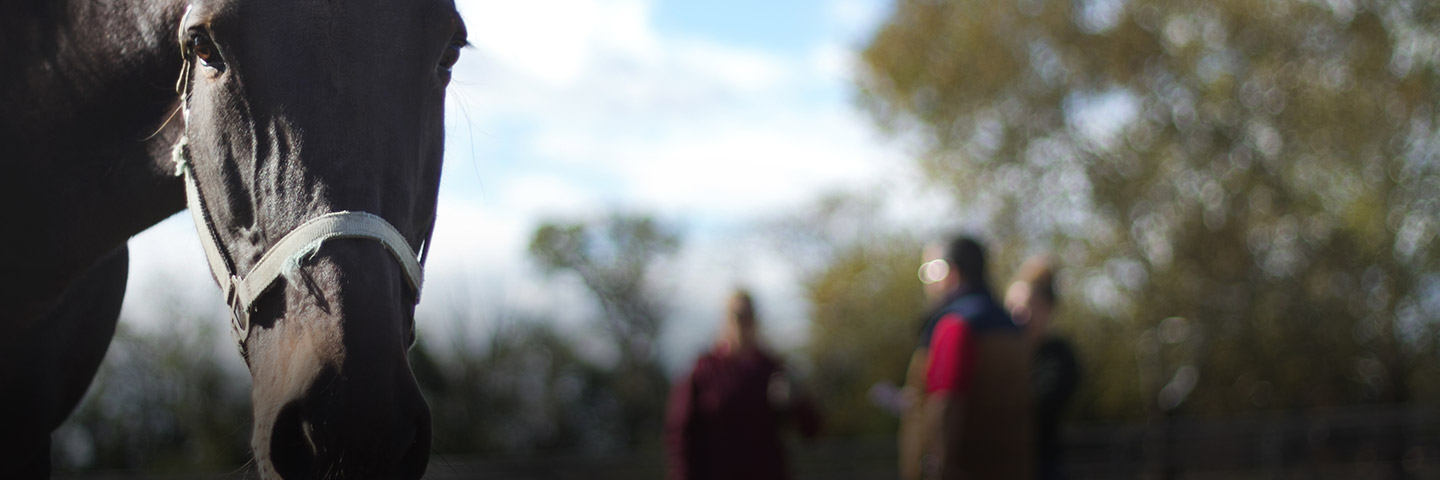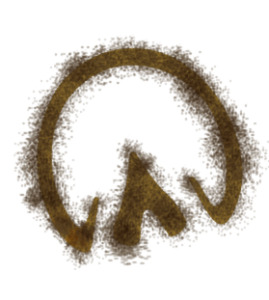Hay everyone!
What if you and all of your friends had the same exact birthday? I think that’d be pretty fun! You could all have one really big birthday party to celebrate, and everyone could exchange presents at the same time. Well, we horses are in luck! Some of us get to celebrate a “universal birthday.”
You might be thinking, “Lord Nelson, that’s impossible! All horses couldn’t have been born on the same day, so they could never all have the same exact birthday.”
And you would certainly be right. The universal birthday is not truly accurate for all horses. It is a formality used for racehorses and some other competition horses to help “standardize” their ages. In the Northern Hemisphere, the date is January 1st, and in the Southern Hemisphere, the date is August 1st. Regardless of the calendar day that the horse is actually born on, they are given this universal birthday for the year that they were born. This helps to simplify procedures for registration, naming, and eventual entrance into races. It would be like you and all of your classmates having your birthday be January 1st, 2011, and everyone in the grade above you having a birthday of January 1st, 2010. This makes it much easier to group individuals by age instead of trying to calculate based on true birthdays.
The January date was set in the mid-1800s by the Jockey Club in Britain. The Jockey Club was initially formed a century earlier to establish racing guidelines and safety measures for racing at Newmarket, and they quickly became accepted across the entirety of Britain. One such concern was the practice of racing yearlings against 2-year-olds, which demonstrated a need for a reliable way to determine the age of a Thoroughbred. It was widely accepted that May 1st was the universal birthday due to it being close to the natural foaling season. However, this caused some confusion because horses would age up in the middle of the racing season. In 1833, the Jockey Club declared that the universal birthday would be on January 1st for the following years.
The Jockey Club only intended this to be the rule for horses at the Newmarket course. Other areas could still designate May 1st as the universal birthday until they decided to change it. However, it was copied into the general rules, possibly on accident, instead of those specific to Newmarket. Other racing jurisdictions quickly complied to the new rule, and the rest of the world slowly followed suit through the rest of the century.
But where did August 1st come from? Countries in South America and the rest of the Southern Hemisphere decided to use this date as a more accurate reflection of the natural foaling season. Horses typically give birth from about February to July, so the assumption is that most of the foals would be born by August.
There you have it! Go give your horse friends a few extra treats and tell them happy birthday from Lord Nelson!
Your friend,
Lord Nelson


